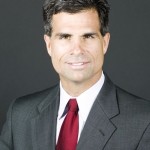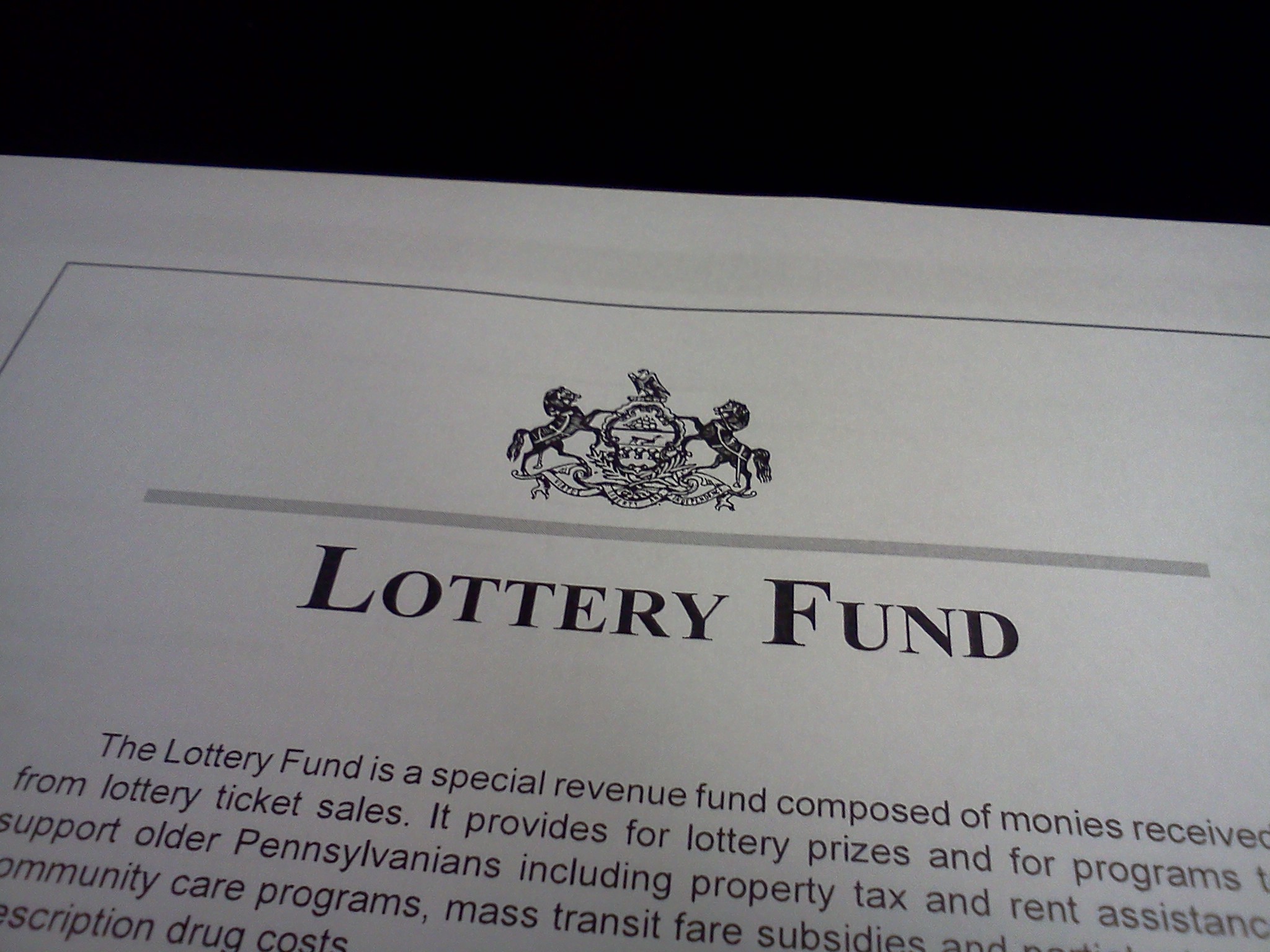Lottery Debate Dominates Several Budget Hearings
As Governor Tom Corbett mulls his next steps, Revenue Secretary Dan Meuser spent the bulk of his House budget hearing defending the recently-rejected Lottery contract. Meuser remarked that the premise for much of the opposition is wrong. “There’s no plan to sell the Lottery. We cannot by federal or state law. There is no plan to relinquish control of the Lottery. We maintain full control of the Lottery,” he emphasized.
At issue is the private management agreement the Corbett administration negotiated with Camelot Global Services, in which the private company has guaranteed record profits over the next 20-years. The administration has been working on this for nearly a year, because the demand for senior services is growing at a pace that’s too rapid for the Lottery Fund to sustain.
On Valentine’s Day Attorney General Kathleen Kane called that contract illegal and unconstitutional, and she rehashed that decision in front of the Senate Appropriations Committee on Wednesday. Kane’s main points were: 1) the contract infringed on the legislature’s authority, and 2) KENO is not an authorized game under the Lottery Act.
“I am not an economist and I don’t pretend to be, I am a lawyer, and we went through the statutory construction of the Gaming Act, the Lottery Act, as well as the General Assembly’s authority,” Kane said as she told the panel this was not a policy decision.
But Secretary Meuser disagreed with both of Kane’s major points at his House hearing one day earlier. “The law clearly states – laws granted by the legislature – granting the Department of Revenue the ability to hire vendors for the effective and efficient growth of the Lottery, and to promulgate new games.
Meuser also contends that KENO – which was rolled out in nearby Ohio a few years ago – falls within the scope of the Lottery’s terminal-based game regulation, not the “slot machine” definition of the Gaming Act. He says KENO would us the same algorithm as some exiting Lottery games.
In lieu of a protracted legal debate, some Democratic lawmakers are calling on Governor Corbett to work with the General Assembly to maximize Lottery revenues in-house. Also, one Republican lawmaker plans legislation to authorize KENO while barring online, interactive Lottery games.





